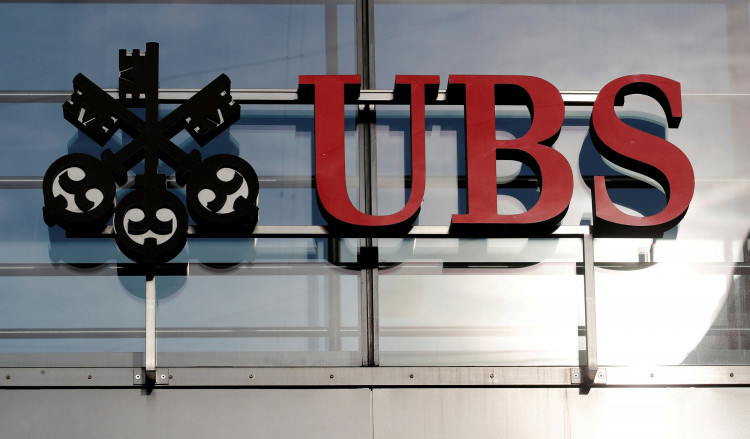Swiss banking giant UBS has defied market expectations, reporting a quarterly net profit of $1.1 billion for the April-June period, more than double what analysts had forecast. The impressive results were driven by strong performance in investment banking and faster-than-expected savings from the integration of its former rival, Credit Suisse. This marks the first set of financial results since UBS completed the historic merger with Credit Suisse in May, a deal orchestrated by Swiss authorities to rescue the beleaguered bank.
Shares of UBS surged 3.6% following the announcement, outpacing the broader European banking sector. The bank's robust performance across its divisions, particularly in investment banking, helped offset weaker-than-expected results in its Global Wealth Management and Personal and Corporate Banking units, according to analysts.
UBS CEO Sergio Ermotti expressed confidence in the bank's trajectory, citing "significant progress" since the acquisition of Credit Suisse. "We are now entering the next phase of our integration, which will be critical to realize further substantial cost, capital, funding, and tax benefits," Ermotti said in a statement. UBS reported that it had achieved $0.9 billion in gross cost savings during the quarter, bringing it closer to its goal of $13 billion in savings by the end of 2026. The bank now expects to reach $7 billion of that target by the end of this year, surpassing its earlier estimate of $6.5 billion.
The integration of Credit Suisse has also allowed UBS to reduce non-core and legacy risk-weighted assets by 42% since the second quarter of last year, including an $8 billion reduction from the previous quarter. Despite the positive financial outcomes, UBS executives cautioned that the economic outlook remains uncertain, with geopolitical tensions, the upcoming U.S. election, and market volatility posing potential risks.
UBS acquired Credit Suisse in March 2023 after the latter faced a series of financial setbacks and scandals that led to its collapse. The deal, valued at a fraction of Credit Suisse's market value, was seen as a bold move to stabilize the Swiss banking sector and prevent further economic fallout. UBS's successful integration of Credit Suisse has been met with optimism from investors, who have driven the bank's stock price up by over two-thirds since the acquisition.
However, the road ahead is not without challenges. UBS is expected to incur around $1.1 billion in integration-related expenses in the third quarter, with the pace of cost savings likely to slow down modestly. Additionally, the bank faces moderate headwinds from net interest income due to mix shifts in Global Wealth Management and the impact of recent interest rate cuts by the Swiss National Bank.
Despite these hurdles, UBS's second-quarter results have bolstered confidence in its long-term prospects. The bank's ability to navigate the complex integration of Credit Suisse while delivering strong financial performance has positioned it as a dominant player in the global wealth management sector. Analysts at JPMorgan have expressed optimism, noting that UBS's position as the "number one global wealth management player" is now more secure than ever.
UBS's future, however, may be influenced by regulatory changes in Switzerland. The Swiss government has proposed stricter banking rules in response to the Credit Suisse debacle, which could require UBS to hold additional capital. Ermotti has voiced concerns about these potential regulations, warning that they could place UBS at a "short term disadvantage" compared to other global banks if they are not implemented uniformly across jurisdictions.






